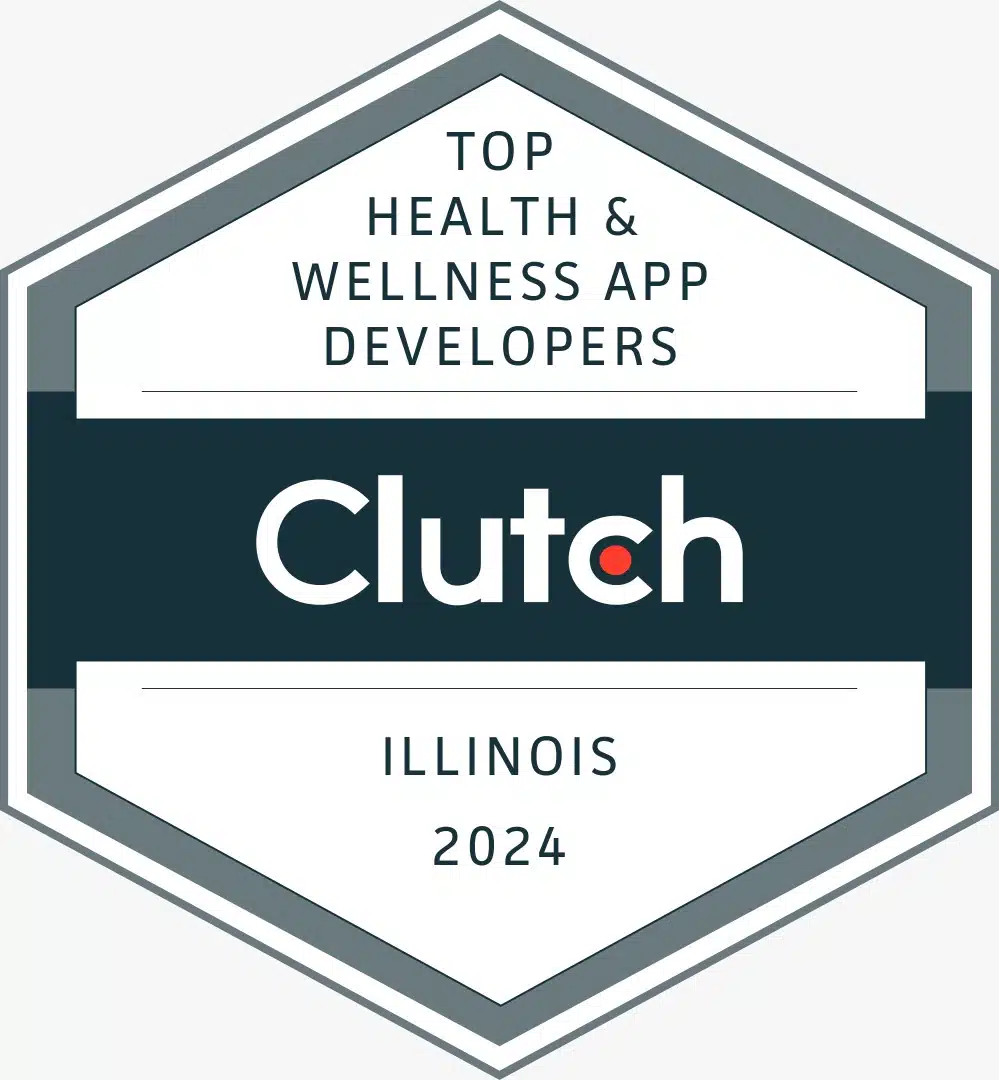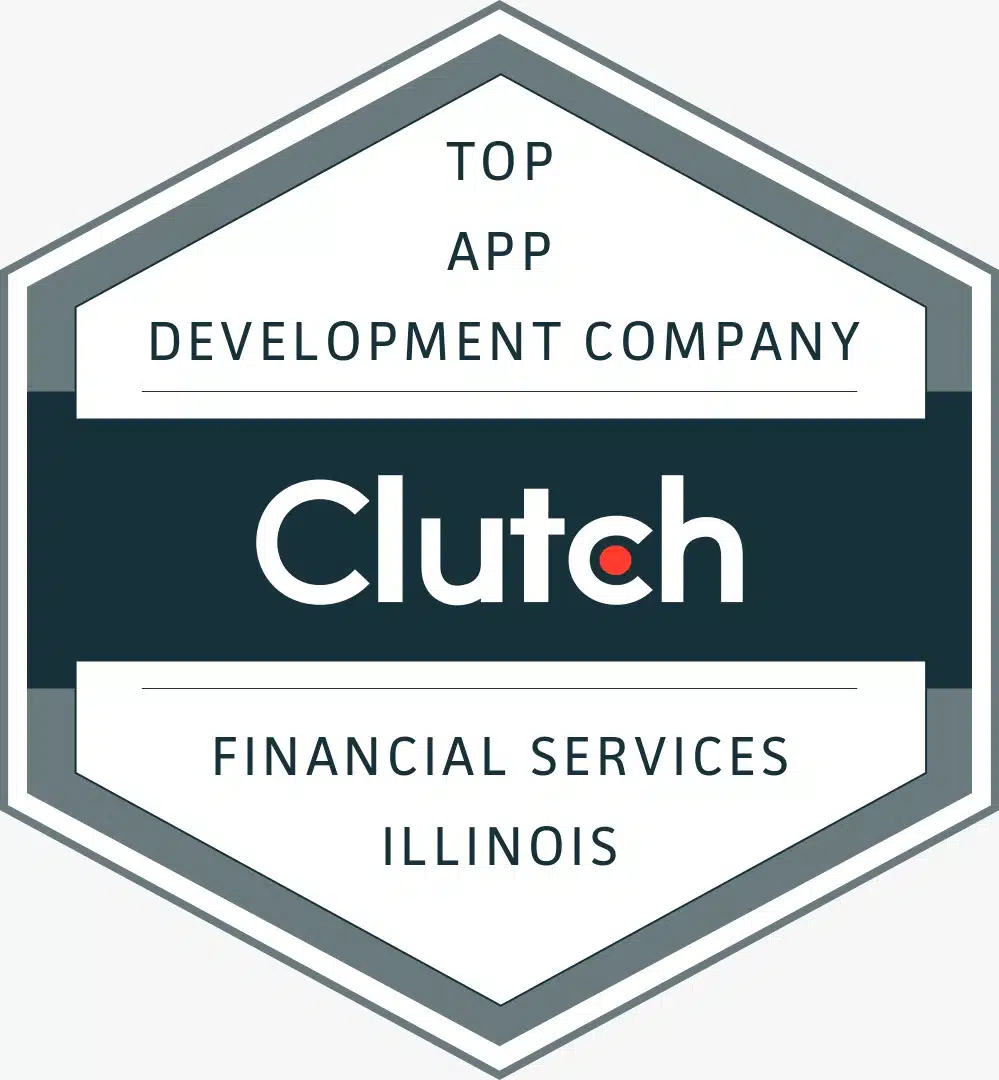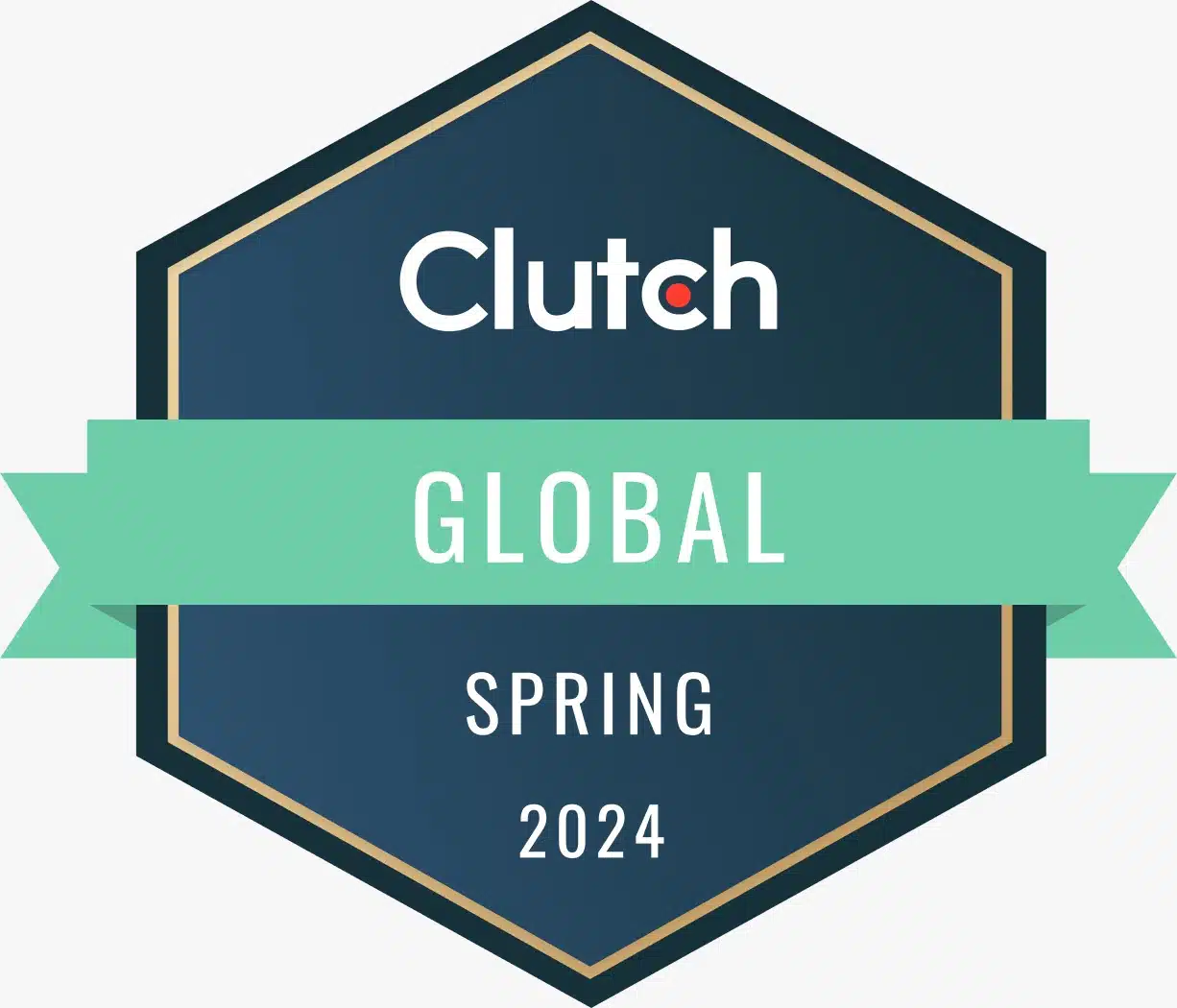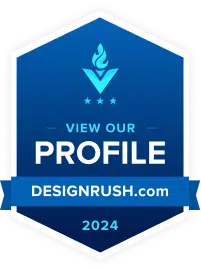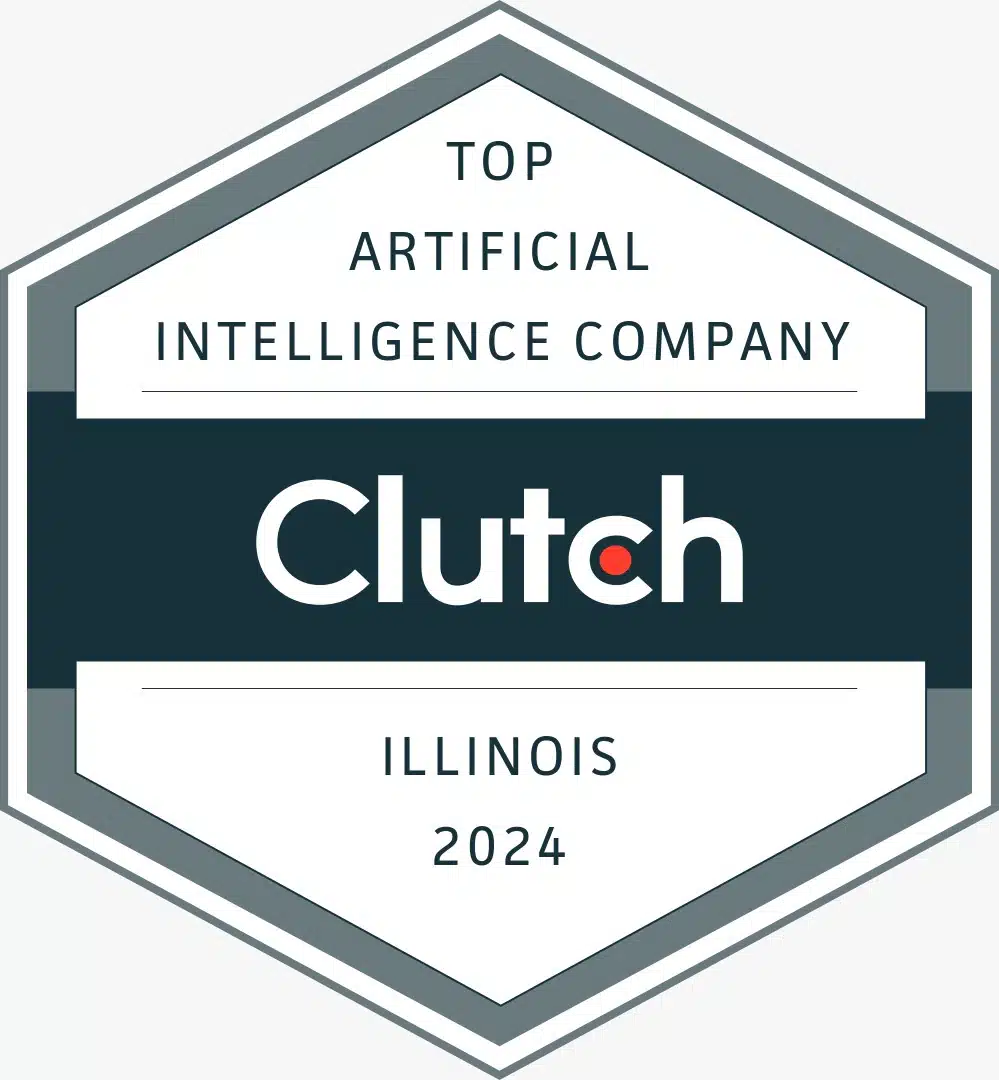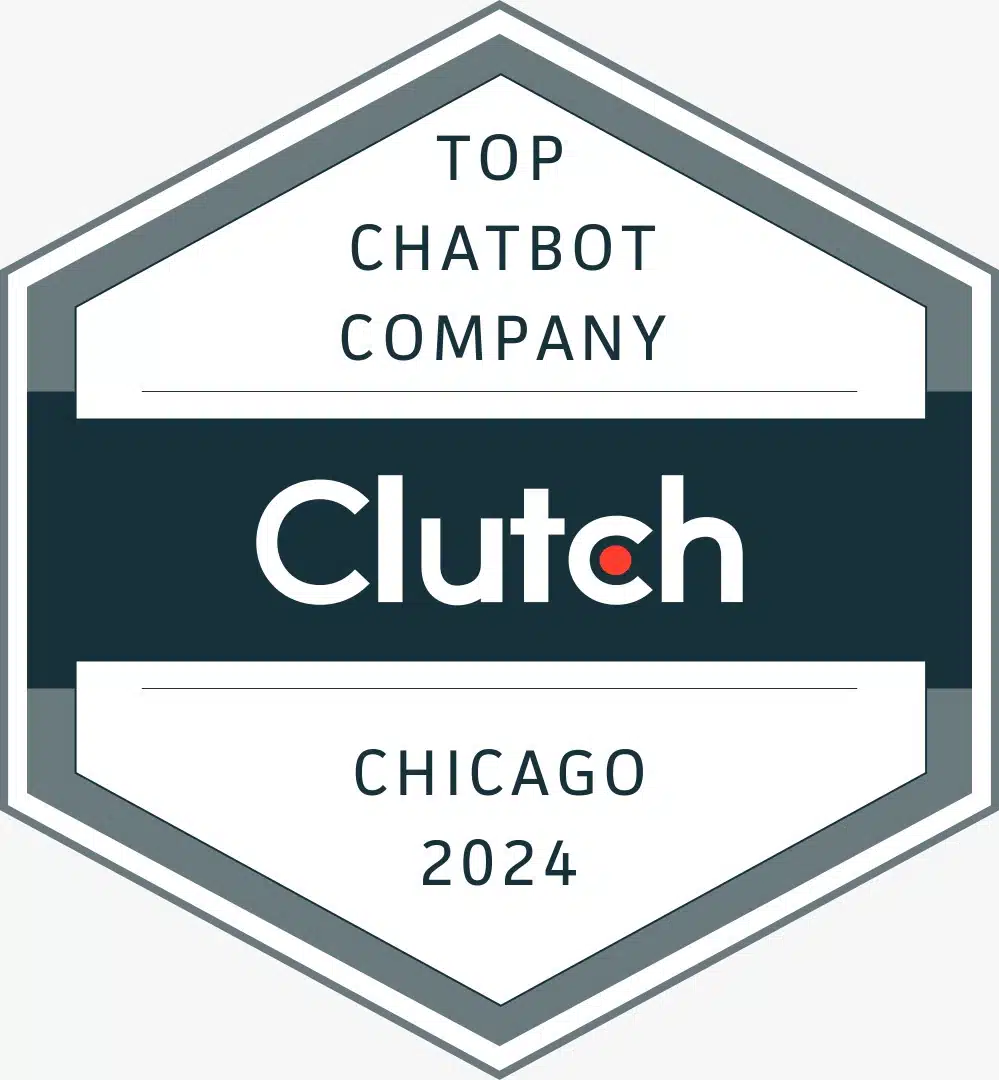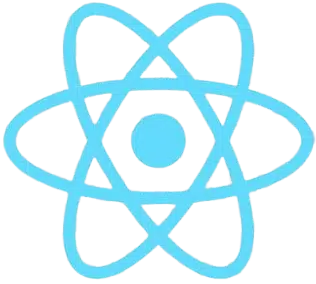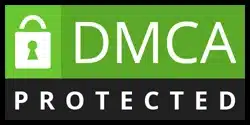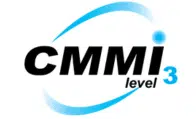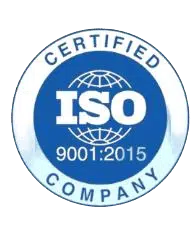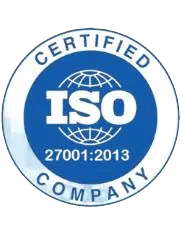Healthcare Technology Trends
We at Taction Software provide cutting-edge insights into the latest healthcare technology trends, driven by our team of industry experts. Our comprehensive analysis helps you stay ahead of the curve with technological advancements that are shaping the future of healthcare.
- Stay Informed with 5+ years of industry expertise
- Explore trends driving patient care and operational efficiency
- Ensure compliance with the latest healthcare regulations
- Harness technology to improve outcomes and streamline processes
- Leverage our experience to adopt and implement emerging trends
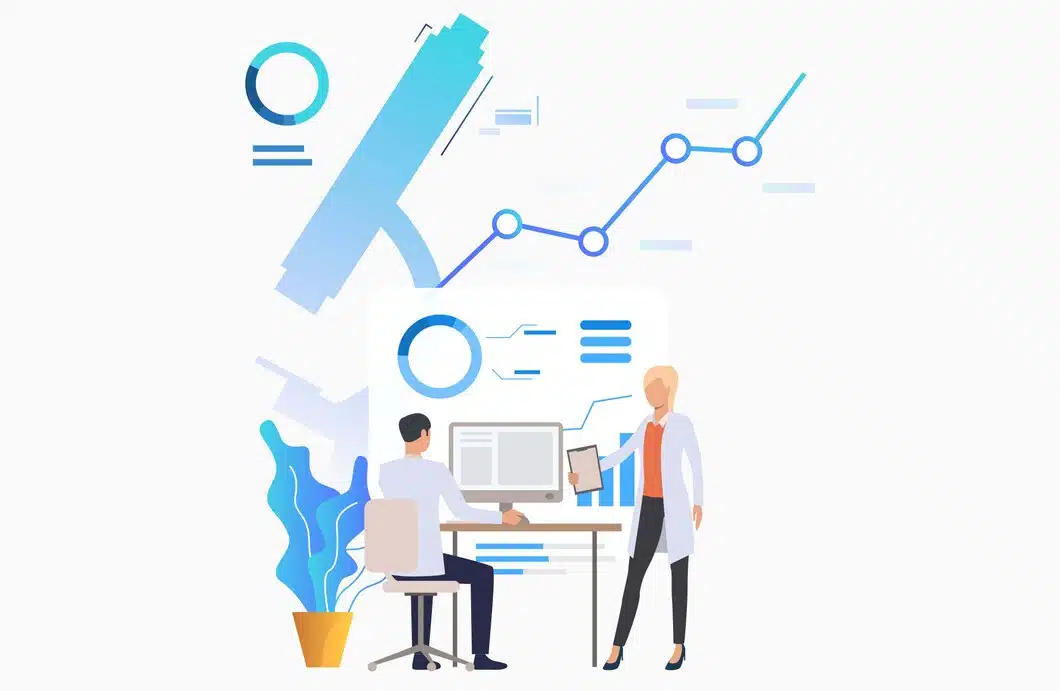


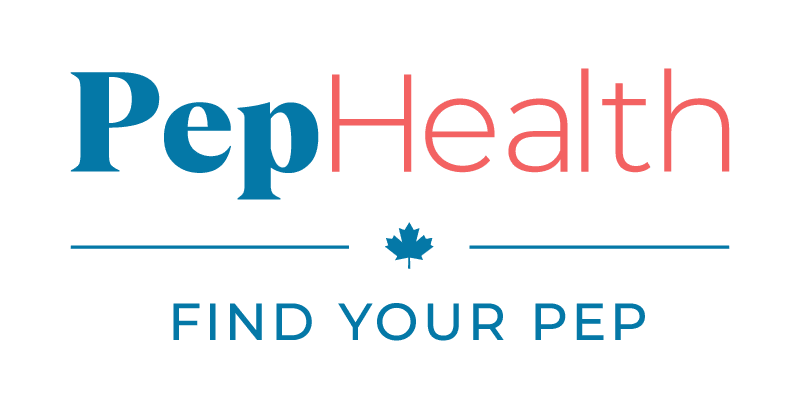


























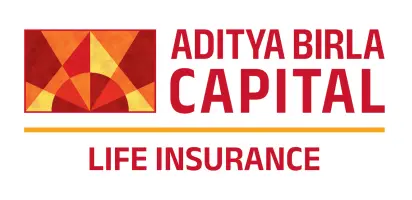

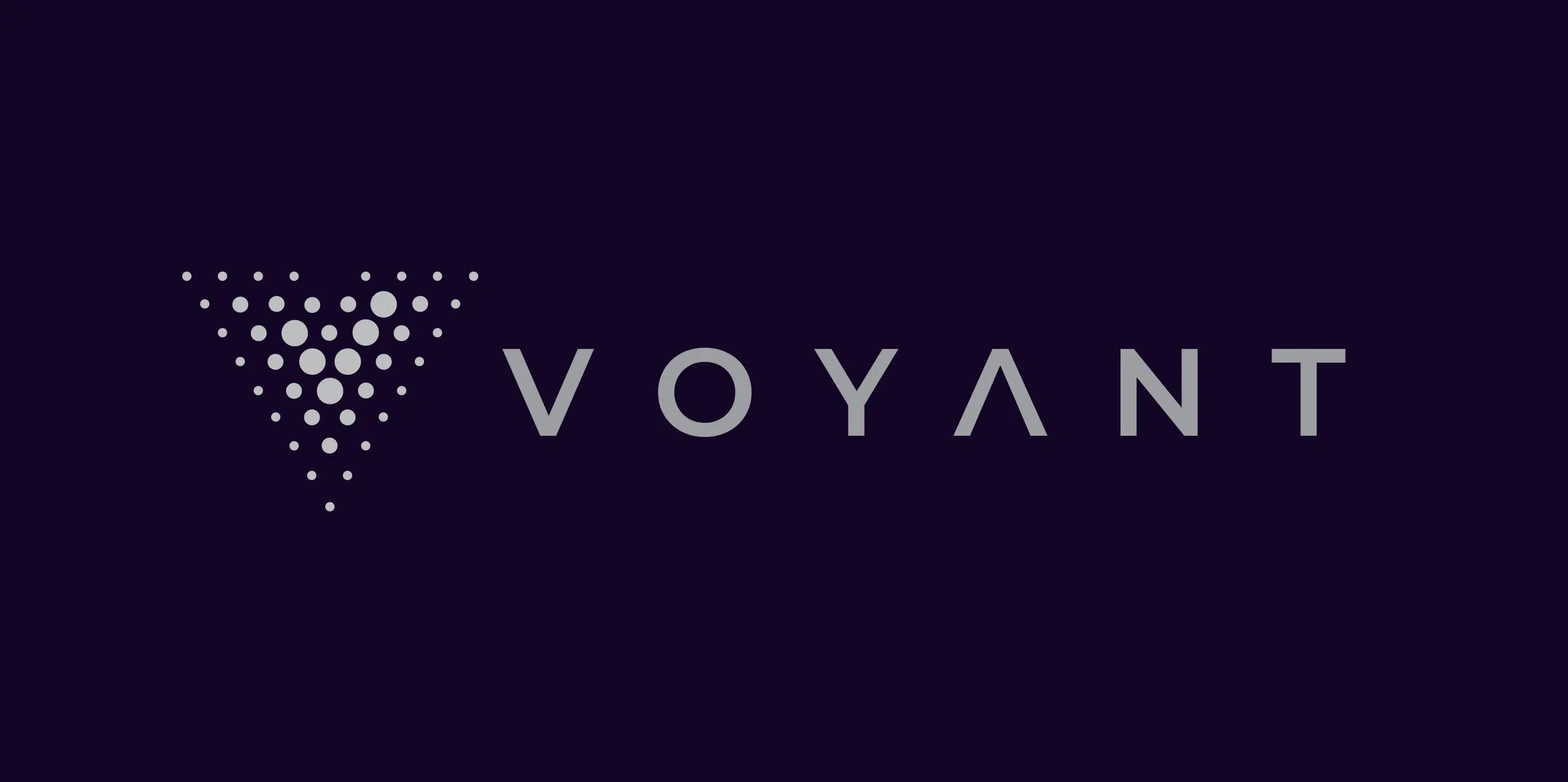

-
Benefits of Wearable Technology
-
Big Data in Healthcare
-
Health Monitoring Devices
-
Prescriptive Analytics in Healthcare
-
Wearable Technology Examples
Benefits of Wearable Technology
Benefits of wearable technology are transforming various sectors, especially healthcare. Wearable devices, such as smartwatches and fitness trackers, offer numerous advantages that enhance personal health management and improve overall well-being.
Big Data in Healthcare
Big Data in Healthcare is revolutionizing the way healthcare systems operate and improve patient care. By harnessing vast amounts of data from various sources, healthcare providers can gain deeper insights into patient health and optimize their services.
Health Monitoring Devices
Health Monitoring Devices are at the forefront of a healthcare revolution, offering individuals the tools to track and improve their health like never before. These devices provide valuable insights into personal health, helping users make informed decisions and manage their well-being more effectively.
Prescriptive Analytics in Healthcare
Prescriptive Analytics in Healthcare is an advanced approach that goes beyond traditional data analysis. It provides actionable recommendations to guide healthcare providers in making better decisions, optimizing treatment plans, and improving patient outcomes. By leveraging prescriptive analytics, healthcare professionals can move from simply understanding what has happened to actively shaping future outcomes.
Wearable Technology Examples
Wearable Technology Examples demonstrate how advanced devices are transforming various aspects of our daily lives. These innovations range from fitness trackers to smartwatches, each designed to provide users with valuable insights and improve their quality of life.
Success Stories - Healthcare development Projects That Produced Amazing Results for Businesses
Our approach to developing healthcare apps and healthcare softwares focuses on creating personalized user experiences and providing highly efficient solutions. We build transparent and reliable partnerships to design innovative and effective apps and softwares tailored to the unique needs of the healthcare sector.
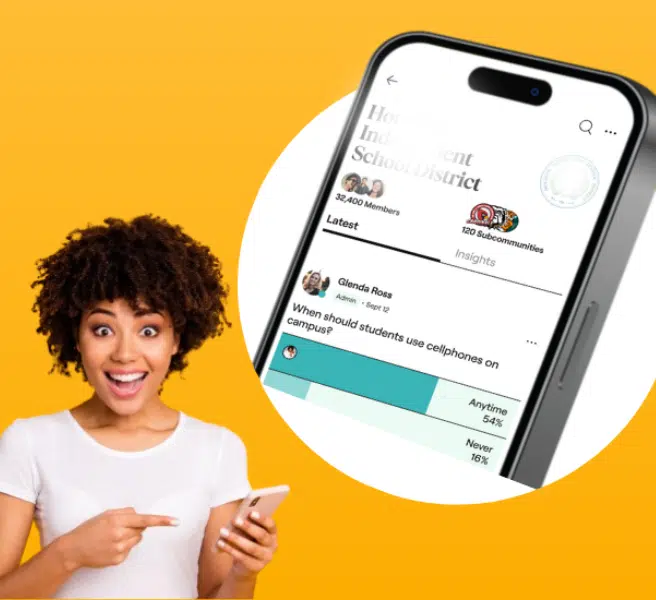
Community App Under NDA
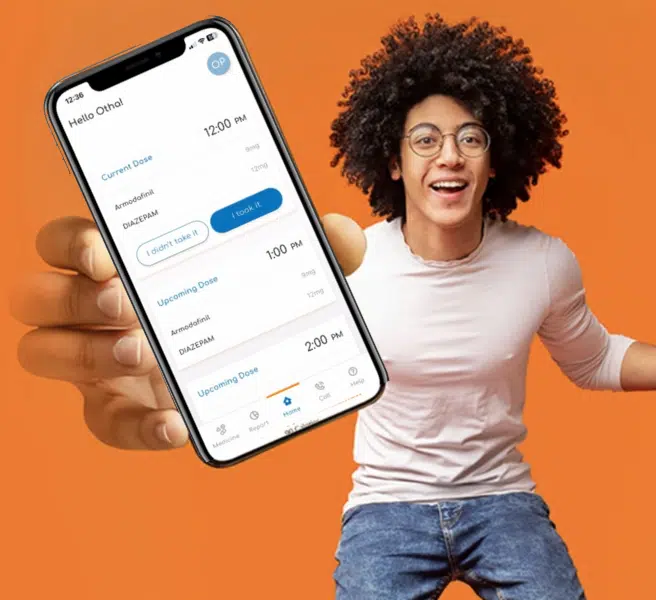
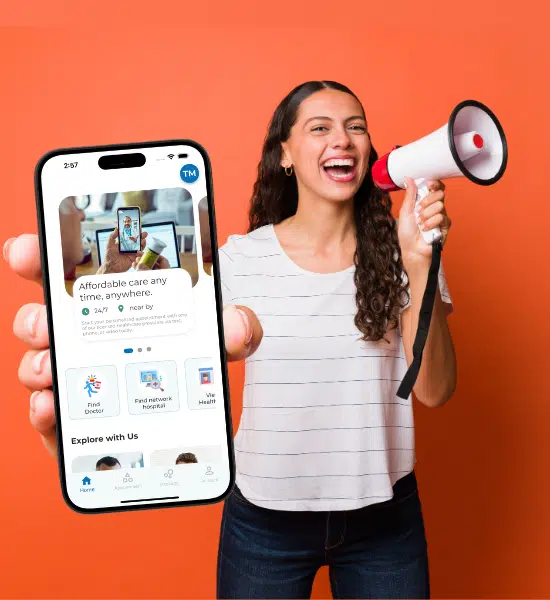
Telemedicine App
The pulse of healthcare at Taction software
Our custom healthcare app solutions allow clients to deliver effective, improved & secure care while also being compliant with strict industry’s standards like HIPAA regulation
Dr. Emily Carter
Chief Medical OfficerJohn Martin
CEOSusan Lee
Director of Operations200+ Successful Healthcare Projects
Proven expertise in delivering top-tier solutions.
12+ Years in Healthcare
Specializing in HIPAA-compliant software.
100% Data Security Compliance
Strict adherence to healthcare regulations.
Leading Healthcare Software Development Company
Known for innovation, reliability, and client satisfaction.
Global Clientele
Serving small practices to large hospitals worldwide.
Key Healthcare Technology Trends Shaping Tomorrow's Healthcare
Healthcare technology is rapidly evolving, transforming the industry in unprecedented ways. Here are some of the most significant trends shaping the future of healthcare:
Telemedicine and Telehealth
The adoption of telemedicine has surged, offering patients the convenience of virtual consultations. This trend is expected to continue growing, providing remote access to healthcare services, particularly in rural and underserved areas.
AI and Machine Learning
AI is revolutionizing diagnostics, personalized medicine, and drug discovery. Machine learning algorithms can analyze vast amounts of data, leading to more accurate diagnoses and treatment plans, while AI-driven tools assist healthcare professionals in making informed decisions.
Wearable Technology
Wearables like smartwatches and fitness trackers are becoming integral to monitoring patients‘ health in real time. These devices collect data on vital signs, activity levels, and sleep patterns, empowering individuals to take control of their health and enabling doctors to monitor chronic conditions remotely.
Electronic Health Records (EHRs)
The shift to digital records has streamlined healthcare operations, improving the accuracy and accessibility of patient information. Interoperability between different EHR systems is a growing focus, ensuring seamless data exchange across healthcare providers.
Blockchain Technology
Blockchain is gaining traction in healthcare for its potential to enhance data security and integrity. By creating a decentralized and immutable ledger of patient records, blockchain can protect sensitive information from breaches and ensure transparency in data management.
3D Printing
In healthcare, 3D printing is being used to create customized medical devices, prosthetics, and even bioprinted tissues. This technology allows for more personalized treatments and can significantly reduce the time and cost associated with traditional manufacturing methods.
Precision Medicine
Precision medicine involves tailoring treatments to individual patients based on their genetic makeup. Advances in genomics and biotechnology are making it possible to develop therapies that are more effective and have fewer side effects, particularly in cancer treatment.
Internet of Medical Things (IoMT)
The IoMT encompasses connected devices that collect and transmit health data. From smart insulin pumps to remote monitoring devices, IoMT is improving patient care by enabling continuous monitoring and timely interventions.
Robotics and Automation
Robotics is playing an increasing role in surgery, rehabilitation, and elder care. Robotic-assisted surgeries offer greater precision, while automation in healthcare processes, such as pharmacy dispensing and lab testing, enhances efficiency and reduces human error.
Cybersecurity in Healthcare
As healthcare becomes more digitized, the importance of cybersecurity has grown. Protecting patient data from cyber threats is critical, leading to increased investment in cybersecurity measures, including advanced encryption, threat detection, and response systems.
Healthcare Technology Trends: HIPAA Compliance for Data Privacy and Security
As healthcare technology advances, ensuring the privacy and security of patient data remains a top priority. Adhering to HIPAA (Health Insurance Portability and Accountability Act) guidelines is crucial for maintaining this security, especially in the realm of data analytics. By following HIPAA regulations, healthcare organizations can confidently leverage data to gain insights and improve patient outcomes while safeguarding sensitive information.
The Importance of HIPAA Compliance in Healthcare Technology:
HIPAA compliance is fundamental to upholding the trust and integrity of healthcare organizations. It ensures that patient privacy is protected, helps avoid significant legal penalties, and builds confidence among patients and stakeholders. In a time when data breaches and cyber threats are increasingly prevalent, HIPAA compliance is vital for secure data analysis and for maintaining the reputation of healthcare institutions.
Core Features of HIPAA-Compliant Healthcare Technology
- Data Encryption: HIPAA mandates that patient data be encrypted both in transit and at rest, preventing unauthorized access and ensuring data security.
- Access Control: HIPAA requires strict access controls to ensure that only authorized personnel can access or handle sensitive health information.
- Audit Trails: Comprehensive logging and monitoring, as required by HIPAA, provide a detailed audit trail of who accessed or modified data, ensuring accountability and transparency.
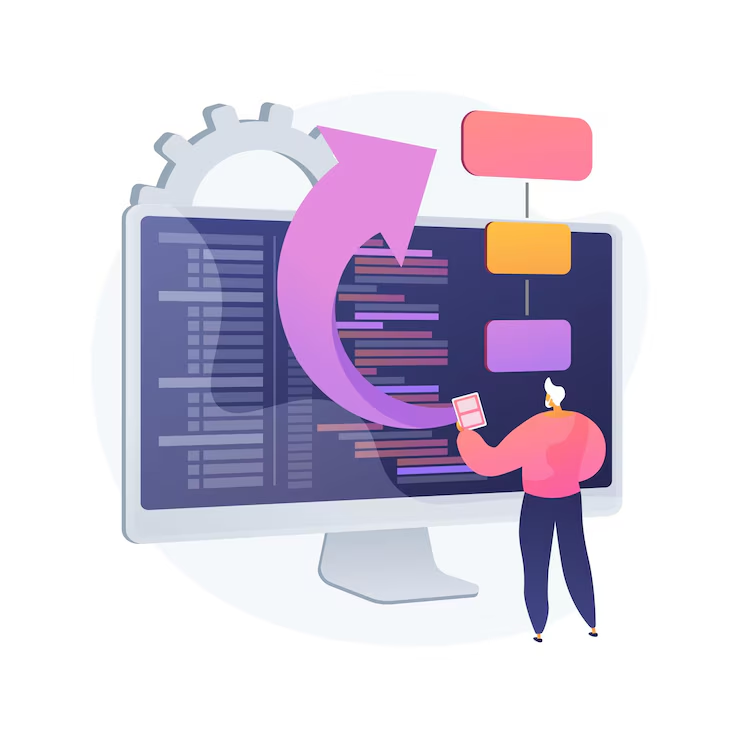
Why entrust your software vision to Taction's expertise
- Secure & Compliant Solutions:
Secure EMR/EHR, telemedicine, and healthcare apps. - Proven Expertise:
Successful track record in multiple industries. - Skilled Engineering Team:
Skilled team ensuring quality and transparency. - Fast & Efficient Delivery:
Quick turnaround without compromising innovation. - User-Centric Development:
Continuous improvements based on feedback.
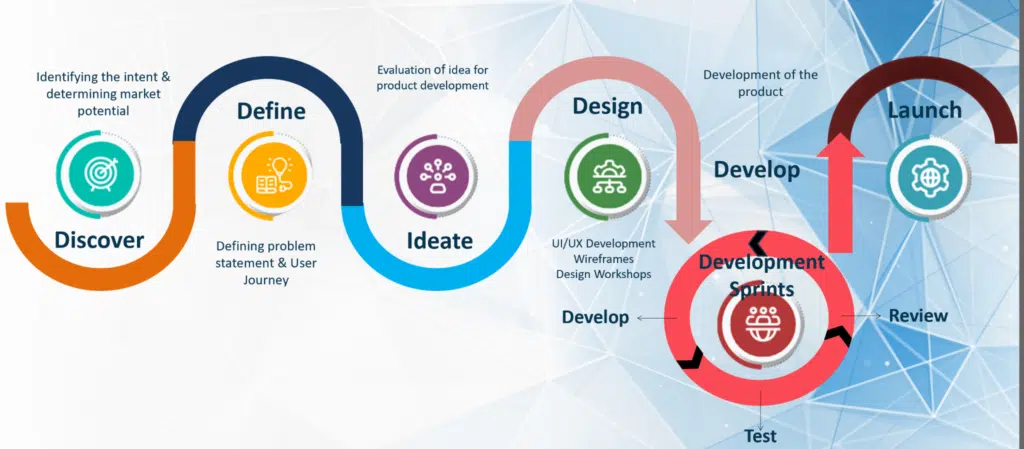
Rapid Development : Experience the TURBO
✔ Agile & User-Centric – Accelerated MVP development for faster market entry.
✔ Shortest Time-to-Market – Our TURBO framework ensures speed & efficiency.
Our Healthcare Development Process (Step-wise)
Requirement Analysis
Software needs must be collected and assessed to generate an accurate SRS.
Review & Planning
Refine feedback and finalize design procedures before creating the development roadmap.
Development & Testing
Develop the solution using UI/UX design principles while maintaining security measures and performing compliance and performance testing.
Deployment
Beta launch followed by a live release.
Maintenance & Support:
The maintenance and support phase involves round-the-clock monitoring of systems, analysis of client feedback, and ongoing improvements.
Healthcare Compliance Standards
Our commitment to HIPAA and GDPR standards guarantees data protection and patient privacy while maintaining total operational compliance.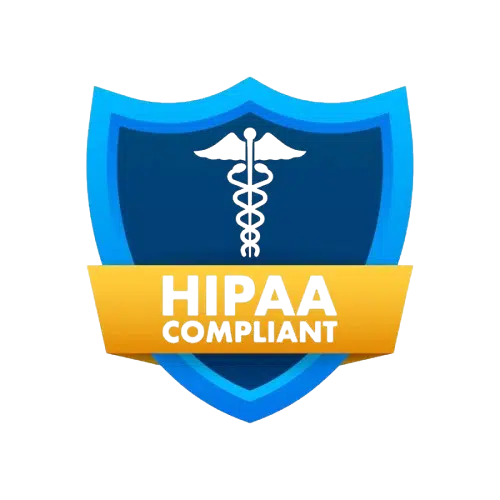
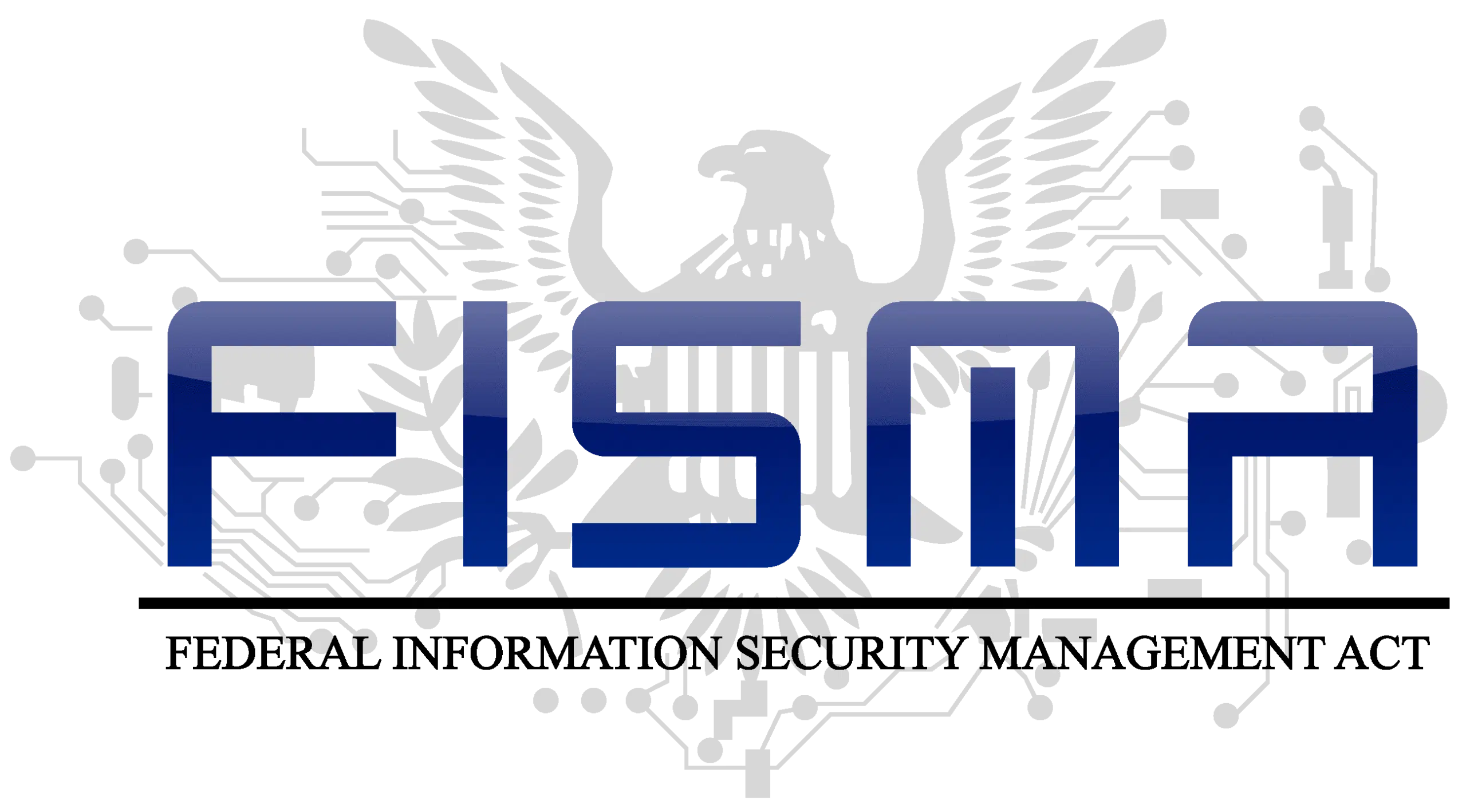
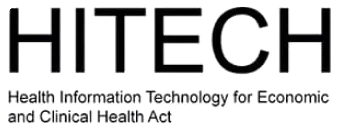
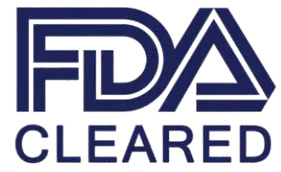
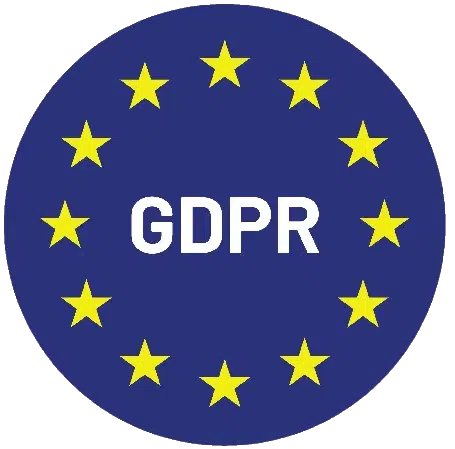
A Technology Stack that Secures and Elevates Your Healthcare Software
Our technology stack provides the foundation to create healthcare solutions that guarantee security, speed and interoperability while maintaining innovation for the future.Talend, Snowflake
Datawarehouse, Datalake
HL7 v2, HL7 v3
Cross Technologies
Answering your Healthcare Technology Trends queries (FAQ)
The latest trends in healthcare technology include the integration of artificial intelligence (AI) and machine learning, telemedicine, wearable health devices, blockchain for secure data management, and advanced data analytics. These technologies are reshaping patient care, improving operational efficiency, and enhancing data security.
Taction Software specializes in developing innovative healthcare technology solutions that incorporate the latest trends. Our team of experts can create custom software, integrate advanced technologies, and ensure compliance with regulatory standards to improve patient care and streamline healthcare operations.
AI in healthcare technology enhances diagnostic accuracy, personalizes treatment plans, and improves patient outcomes through predictive analytics and decision support systems. AI also helps in automating administrative tasks, reducing operational costs, and facilitating better patient engagement.
Telemedicine offers numerous benefits, including increased access to care, reduced travel time for patients, and the ability to provide remote consultations and follow-ups. It also helps healthcare providers manage patient care more efficiently and expand their reach to underserved areas.
Wearable health devices monitor and collect real-time health data, such as heart rate, blood pressure, and activity levels. These devices provide valuable insights into a patient’s health, enable early detection of potential issues, and support proactive management of chronic conditions.

